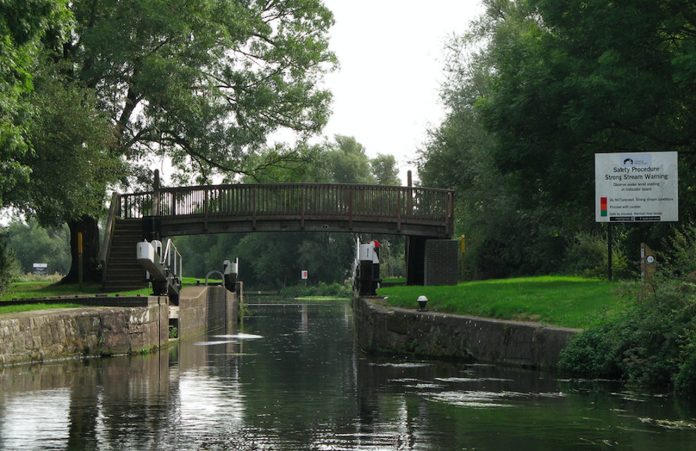Four cities are developing a user-driven Digital Social Platform (DSP) to share knowledge and experience of water related issues such as scarcity, security, quality, and water consumption in local authorities across Europe to help deliver EU water policy.
The EU project, called POWER (Political and sOcial awareness on Water EnviRonmental challenges), is working with two UK cities–Leicester and Milton Keynes–and two water supply companies in Jerusalem and Sabadell.
“The pilot cities are currently testing a beta version of the DSP–beginning to upload documents regarding water issues, and developing gamification models as a way of interacting with the public,” Carl Holland, Project & Finance Manager at POWER, told The Source.
Holland explained that the DSP will be populated with information about water related issues by experts and used to communicate these issues to decision makers, key stakeholders and the public in order to increase awareness. Anyone can become involved once the DSP is live although it is currently in a beta stage of development.
“The aim is to increase awareness and knowledge of water related issues–the DSP will provide a tool for experts to communicate with a broad public,” added Holland. The DPS will go live from summer 2017 with a mobile friendly version due later in the year.
The main goals of each city include;
- Jerusalem: through the regional water utility, Hagihon, the city is to promote water conservation behaviours, quantifiable water savings and improve awareness regarding water quality.
- In Milton Keynes water is scarce, too, therefore, with the help of social awareness incentives, total consumption should be reduced.
- Leicester aims to strengthen the awareness of extreme weather events, as it is “endangered by surface water floods”. It will work to provide real-time river water levels and predictive warnings for combined sewer overflows in specific geographical areas of the city.
- In Sabadell water is delivered in two qualities, as drinking water and non-drinking water. The water utility CASSA wants to actively involve citizens by implementing an information system that enables real-time information about the quality and conditions of service.








